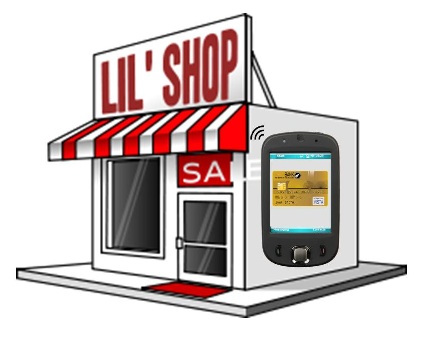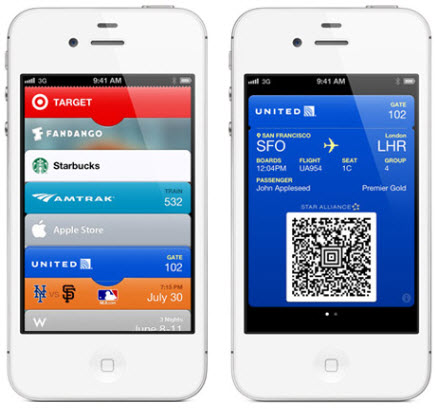 Small business payment processing company Electronic Commerce International urges small businesses to pay heed to mobile commerce choices and to embrace mobile payments from customers.
Small business payment processing company Electronic Commerce International urges small businesses to pay heed to mobile commerce choices and to embrace mobile payments from customers.
Fighting big business
One thing all small businesses have in common is the need to compete with larger businesses. Small business owners not only have to compete, but they also have to stay up on the latest trends and embrace what may be coming next or be left behind. Analyst at Yankee Group believe that small businesses that start using mobile payments are going to stay relevant. In fact, they believe that this should be an obvious move for small business entities.
Point of sale mobile commerce is predicted to be a huge trend for the year 2013. Smartphone users have options from the likes of Visa and PayPal that allow them to use their smartphone instead of cash or a credit card when making purchases in retail locations. Not everyone believes in the next boom being in mobile commerce, however, with Gartner predicting on 2% saturation in the market for mobile payments. However, having the ability to accept the technology can never be a bad thing as long as costs are low.
Proof is in the pudding
There are some doubts as to the projection of mobile payments in 2013 and beyond, but Jim Anderson, CEO of Electronic Commerce International reports that a full 20 percent of holiday sales for 2012 were done via mobile payments. These payments are no longer a novelty, but are becoming more of the normal way that some prefer to shop. Small businesses that accept mobile commerce payments can stay ahead of the curve.
Companies like Visa, MasterCard, and many financial institutions with large customer bases are said to be the leaders in mobile payments in the coming year. PayPal already has a program in place and is expected to handle 10 billion dollars in transactions in the coming year from mobile payments alone. Others, like Apple, have not added the functionality to new devices which may put a dent in the predictions for mobile commerce in general. However, Apple accounts for a small percentage of smartphone sales leaving a broader segment of users with the ability to start using the technology.
Apple turns away from NFC technology in pursuit of alternatives
Much of mobile commerce revolves around the use of NFC technology. The technology has proven itself useful in facilitating mobile transactions, but has also been the target of criticism because of its perceived security faults. Some of the potential problems that can be found with NFC technology were reason enough for Apple to abandon NFC in pursuit of alternatives. Apple received harsh criticism for its decision to not include NFC technology with the new iPhone 5, but the company may still have a trick up its sleeve concerning mobile commerce.
Passbook provides consumers with services concerning aspects beyond mobile transactions
Mobile commerce is often conceptualized simply as the payment for goods or services using a mobile device. There are many facets to the world of mobile commerce, however, some of which are embodied by Apple’s Passbook. Passbook is a mobile application that was introduced with iOS 6, Apple’s latest operating system. The application allows consumers to receive, manage, and use special offers they receive from retailers and loyalty programs.
Passbook proves popular with businesses and consumers
Passbook has already proven to be popular with consumers and businesses alike. Though the application cannot facilitate mobile payments, it can foster a connection between consumers and businesses and address some of the less-known aspects of mobile commerce. Indeed, Passbook is part of Apple’s new approach to mobile commerce and may be one of the company’s strongest weapons when it eventually confronts large names in the rapidly growing industry.
Apple unable to compete with Google and Isis until alternative to NFC technology found
Apple has adopted a slow and steady approach to mobile commerce that has cost it a strong position in the industry today. Because the company has chosen to forgo the use of NFC technology, it is unable to compete with Google and Isis. Though Passbook ensures that Apple retains a modest presence in the mobile commerce industry, the company will not be able to compete at the same level as Google and Isis until it can find a way to facilitate mobile transactions that does not rely on NFC technology.
 Small business payment processing company Electronic Commerce International urges small businesses to pay heed to mobile commerce choices and to embrace mobile payments from customers.
Small business payment processing company Electronic Commerce International urges small businesses to pay heed to mobile commerce choices and to embrace mobile payments from customers.

